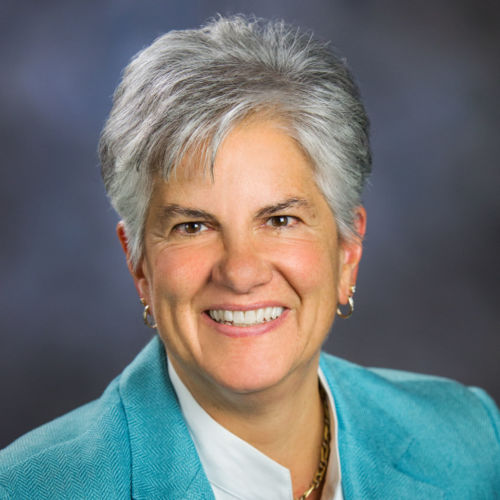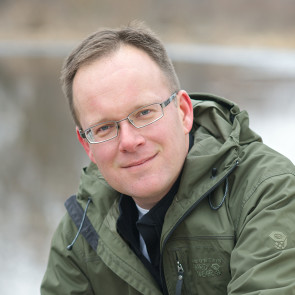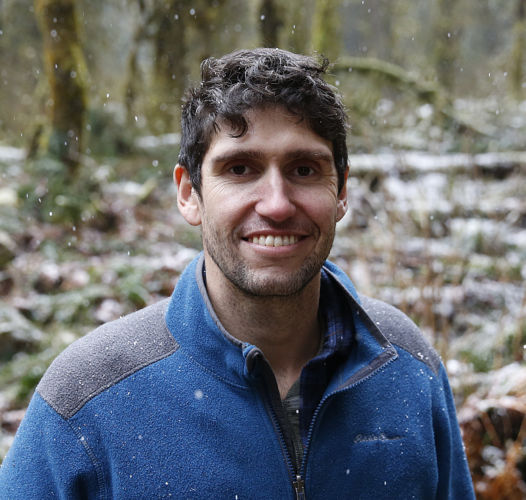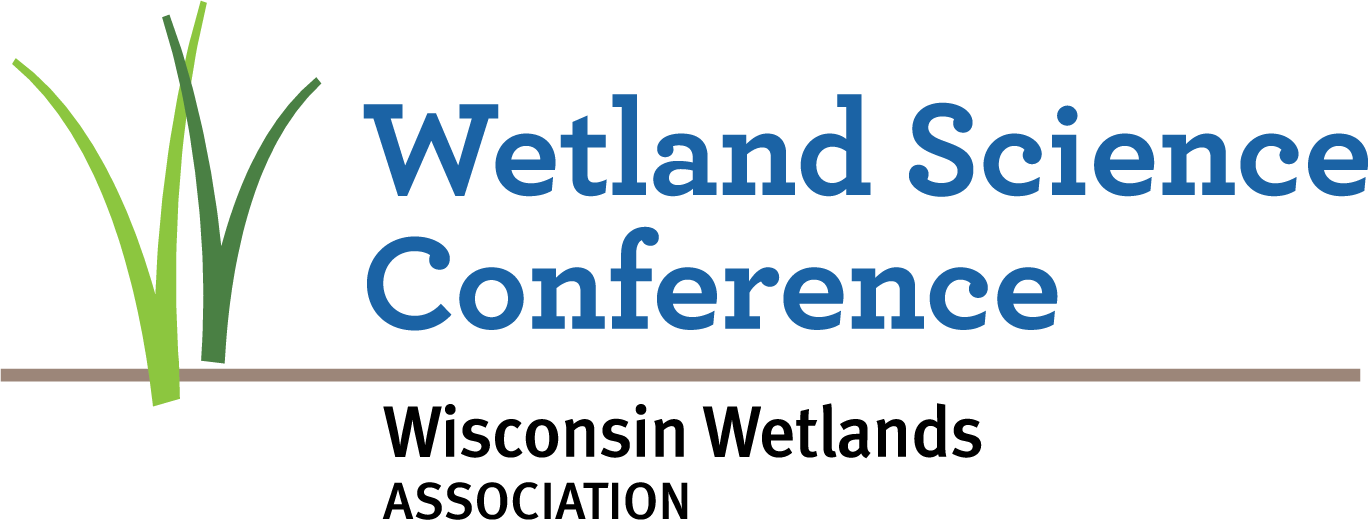Key speakers
We are pleased to feature three key speakers this year: Joanne Marchetta, Matthew Miller, and Ben Goldfarb. Scroll down to read about these speakers and their presentations.
Joanne Marchetta
Executive Director
Tahoe Regional Planning Agency

A Clear Path to Collaborative Wetland Restoration: Achieving Results at Scale
Wednesday morning, February 19th
How do we move individual acts of watershed conservation to something more far-reaching and integrated? The stakes are higher than they have ever been with the effects of changing climate setting in. What are best practices for growing your impact across larger landscapes? How can you shift your geographic scale, your mindset, and your processes to have far greater collective impact in the conservation work that you do? Hear how to take action that creates shared vision and joins public and private interests across boundaries all working together to sustain the long-term benefits of wetland conservation.
About Joanne Marchetta
Joanne Marchetta is the Executive Director of the Tahoe Regional Planning Agency, a bi-state agency that cooperatively leads the work to preserve, restore, and enhance the natural and human environment of the Lake Tahoe Region. Following graduation from the University of Michigan with a forestry degree and Catholic University with a law degree, she started as an environmental enforcement litigator for the Department of Justice in Washington D.C. Moving to US EPA, she negotiated some of the largest hazardous waste cleanup agreements in the state of California. Later at the Presidio Trust in San Francisco, she helped to transform the Presidio from an Army base to a financially self-sustaining national park. Joanne believes that natural resource professionals have unique opportunities to use landscape conservation to build collaboration, bridge divides, promote understanding, and heal divisions. Now more than ever, we need that!
Matthew L. Miller
Director of Science Communications
The Nature Conservancy

Telling the Wetlands Story in an Era of Information Overload
Thursday morning, February 20th
The Washington Post recently stated, “The secrets to the world’s problems are hidden in reports that no one reads.” Hyperbole? Perhaps. But the reality is that just doing the same old report or press release is unlikely to reach your audiences when there are so many information choices. How can you be an effective communicator? Matt Miller, director of science communications for The Nature Conservancy, breaks down how to reach your audiences in ways that resonate, whether you’re talking one-on-one with a landowner, using social media, being interviewed by a reporter, or speaking to an audience of hundreds. Along the way, he’ll share fun examples of stories gone right – and a few that have gone a bit awry. You’ll never look at communications the same way – and you’ll remember some tips that help make you a better communicator about wetlands.
Matt will also be leading a small-group, interactive workshop on Thursday morning following his presentation.
About Matthew L. Miller
Matthew L. Miller is director of science communications for The Nature Conservancy and editor of the organization’s popular blog, Cool Green Science. He is also the author of the book, Fishing Through the Apocalypse, published by Lyons Press. Matt is the recipient of the Jade Award, the highest conservation honor of the Outdoor Writers Association of America. He has worked for the Conservancy for 18 years, previously serving as director of communications for the organization’s Idaho chapter. His freelance work has appeared in regional and national magazines including Field & Stream, Backcountry Journal, Sports Afield, Living Bird, and many others. Matt holds a degree in English-Creative Writing from Penn State. An avid hunter, angler, and naturalist, he lives in Boise, Idaho with his wife and young son.
Ben Goldfarb
Author, Eager: The Surprising, Secret Life of Beavers and Why They Matter

Dam It: Seeing Beavers as Restoration Partners
Wednesday evening, February 19th. Part of a ticketed event. Details.
In Eager: The Surprising, Secret Life of Beavers and Why They Matter, award-winning environmental author Ben Goldfarb reveals that our modern idea of what a healthy landscape looks like and how it functions is amiss, distorted by the fur trade that trapped out millions of beavers from North America’s lakes and rivers. The consequences of losing beavers were profound: streams eroded, wetlands dried up, and species from salmon to swans lost vital habitat. Today, a growing number of people―including scientists, ranchers, and passionate citizens―recognize that many ecosystems with beavers are far healthier, for humans and non-humans alike, than those without them. In his presentation, Goldfarb will describe beaver biology, ecology, and history; detail the many environmental benefits provided by beavers, including habitat creation, water storage, and pollution filtration; and explain how landowners and municipalities around the country are learning to coexist with these challenging rodents. The presentation will also touch upon beavers’ role in Wisconsin ecology and their unique management status within the state.
Ben will also be leading a book group session on Wednesday to discuss Eager: The Surprising, Secret Life of Beavers and Why They Matter.
About Ben Goldfarb
Ben Goldfarb is the author of Eager: The Surprising, Secret Life of Beavers and Why They Matter, winner of the 2019 PEN/E.O. Wilson Literary Science Writing Award and named one of the best books of 2018 by the Washington Post. His journalism has appeared in publications including Science, National Geographic, Audubon Magazine, and Outside Magazine, and anthologized in the Best American Science & Nature Writing. His next book, on road ecology, will be published in 2022. He lives in Spokane, Washington, with his wife, Elise, and his dog, Kit—which is, of course, what you call a baby beaver.
